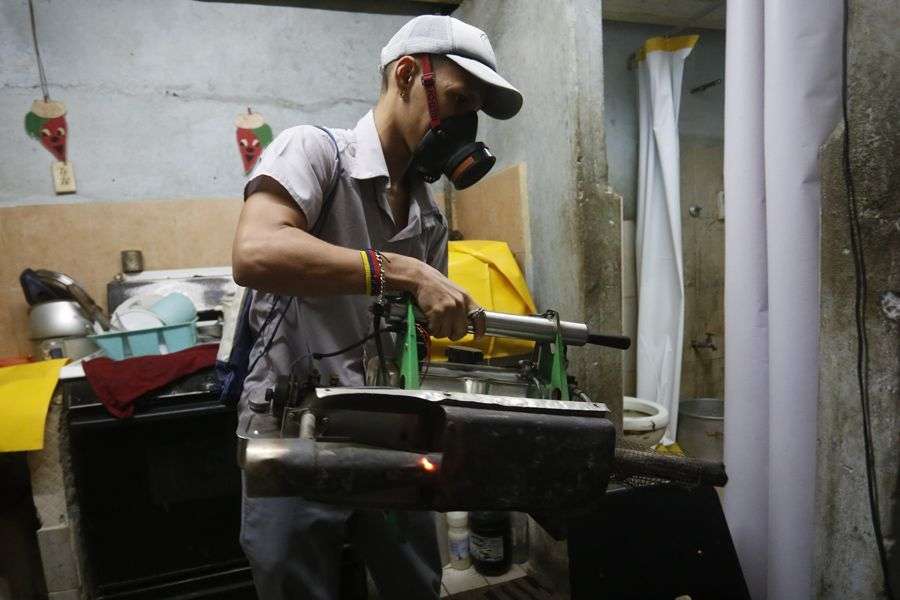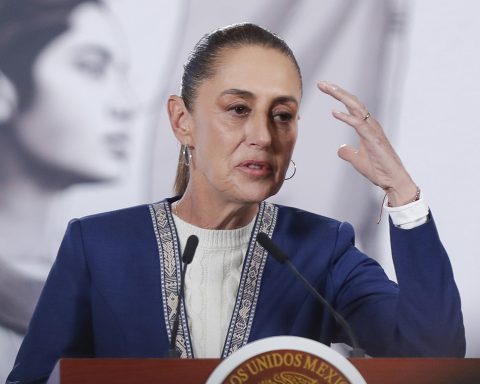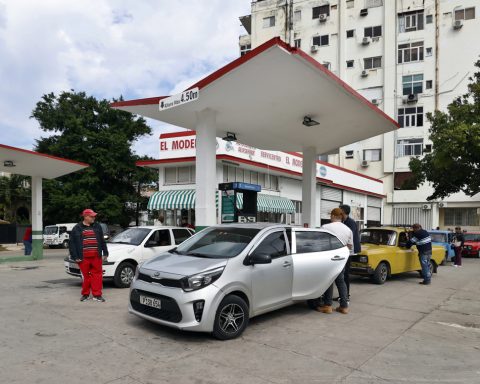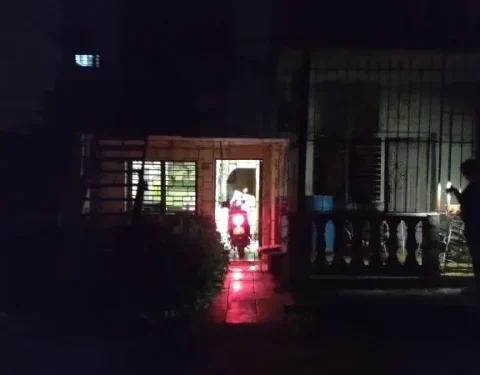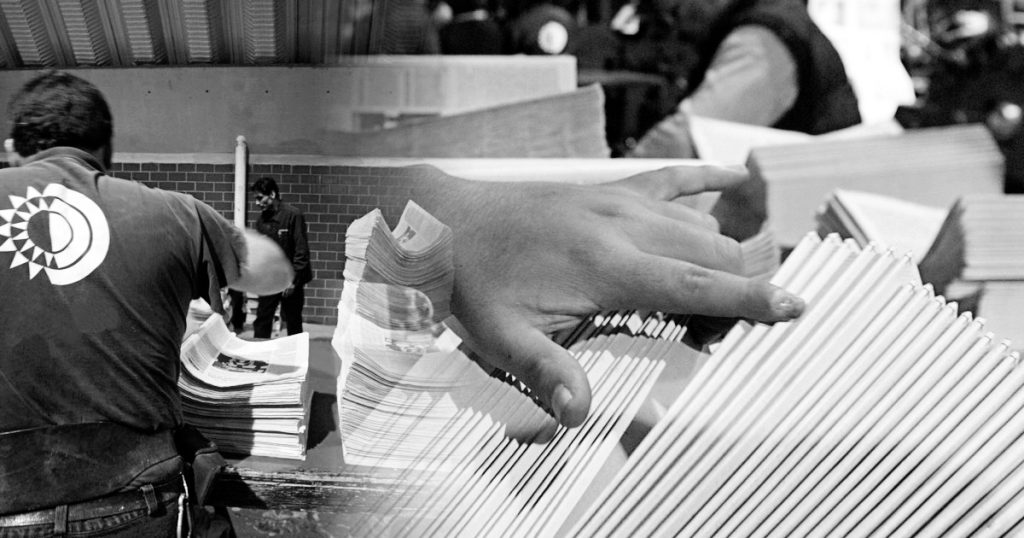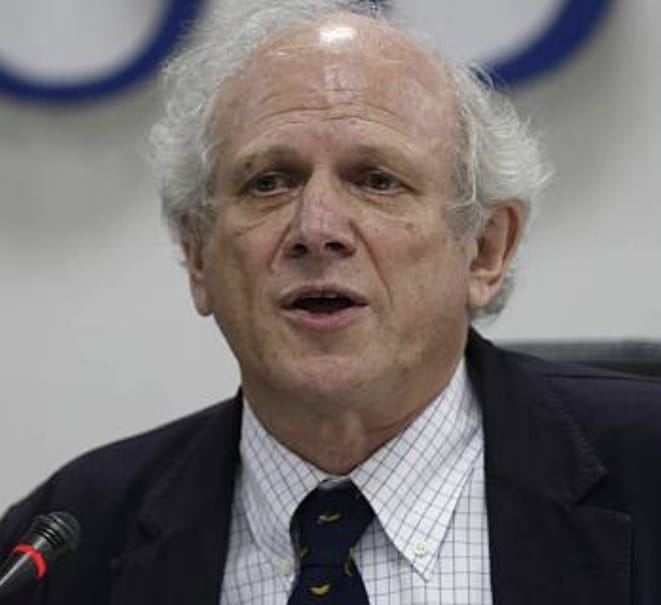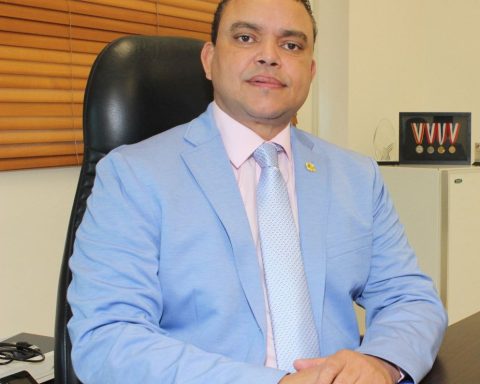The Cuban Ministry of Public Health (MINSAP) reported the detection of more than 4,000 reactive cases of dengue in the third week of July, between the 17th and 23rd of that month, at a government meeting on the subject.
The total figure reported amounts to 4,776, higher than the 3,036 registered in the entire first half of the year, according to a previous report of the health authorities themselves.
Reactive cases are understood as tests in which the presence of the pathogen is detected, either because the patient recently had the disease or because it is still active in the body, a report from the agency specifies. EFE.
In this sense, the Presidency of Cuba specified in a review of the meeting that in the referred week, 10,590 were performed for the detection of dengue and the positivity rate was 45.1%.
✍| For the prevention and control of dengue we have to call for community participation and work centers. This is everyone’s battle. Self-responsibility is essential.
Details of the meeting with the president @DiazCanelB ?https://t.co/tDocWYNii1 pic.twitter.com/D7JYHaY9cl
— Cuba Presidency ?? (@PresidenciaCuba) July 29, 2022
In addition, the Minsap indicated that 23,758 cases with “non-specific” fever were identified, almost 6,000 more than in the previous week. It is one of the symptoms of the disease, transmitted by the mosquito Aedes aegyptiremembers the Spanish medium.
The island’s authorities also recognized that the mosquito breeding sites increased by 115% during the third week of July compared to the same week in 2021. 66.1% of this focus is concentrated in the provinces of Havana, Santiago de Cuba, Holguín, Camagüey, Matanzas and Pinar del Río.
Given this scenario, the head of the MINSAP, Dr. José Angel Portal Miranda, assured that “if we do not win the fight against the mosquito, we will not contain the transmission of dengue.” The minister called for “making the greatest effort” in the 71 municipalities recognized as having the “highest risk of transmission”, due to the high levels of infestation they present.
Cuba: 71 municipalities considered “high risk” for dengue transmission
Previously, the MINSAP had reported that the country had the highest number of outbreaks of Aedes aegypti of the last 15 years. Days later, Portal Miranda warned that the country was not yet “in the worst moment” and estimated that in the coming months the number of infected could increase due to the heat and the rains.
To deal with this situation, the health authorities reported that 3,436 hospitalization beds are set up on the island for dengue patients, divided into 156 beds in Intensive Care units, 554 in Intensive Surveillance units, and 2,726 in conventional care rooms. However, they noted that “it is planned to increase the number of beds if necessary.”
The review of the Cuban Presidency points out that although the current one is not an epidemic “as severe as others previously reported”, the reported cases “demand a greater perception of risk and action by the authorities and the population to increase detection and destruction of mosquito foci”.
President Miguel Díaz-Canel himself, who chaired the meeting this Thursday, today called on all Cubans on Twitter “to participate in the prevention and control of dengue.”
“This is also everyone’s battle. Individual, family, administration and labor collective responsibility is essential”, asserted the president.
How did we do against #COVID19, I call on our people to participate in the prevention and control of dengue. This is also everyone’s battle. Individual, family, administration and labor group responsibility is essential.https://t.co/s4AcB7c7Ta
– Miguel Díaz-Canel Bermúdez (@DiazCanelB) July 29, 2022
In recent weeks, publications on social networks and independent press reports have reported a growing number of hospitalizations and also some deaths attributed to dengue due to the symptoms of patients, although many of these reports have not been officially confirmed. .
However, the authorities have recognized that the situation is “complex” and have called for individual, family, work and community self-responsibility to face the mosquito infestation, and also to go to the doctor immediately in case of fever or other symptoms. of the illness.
EFE / OnCuba
